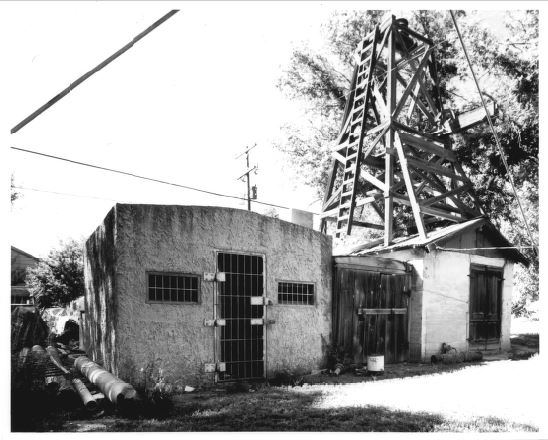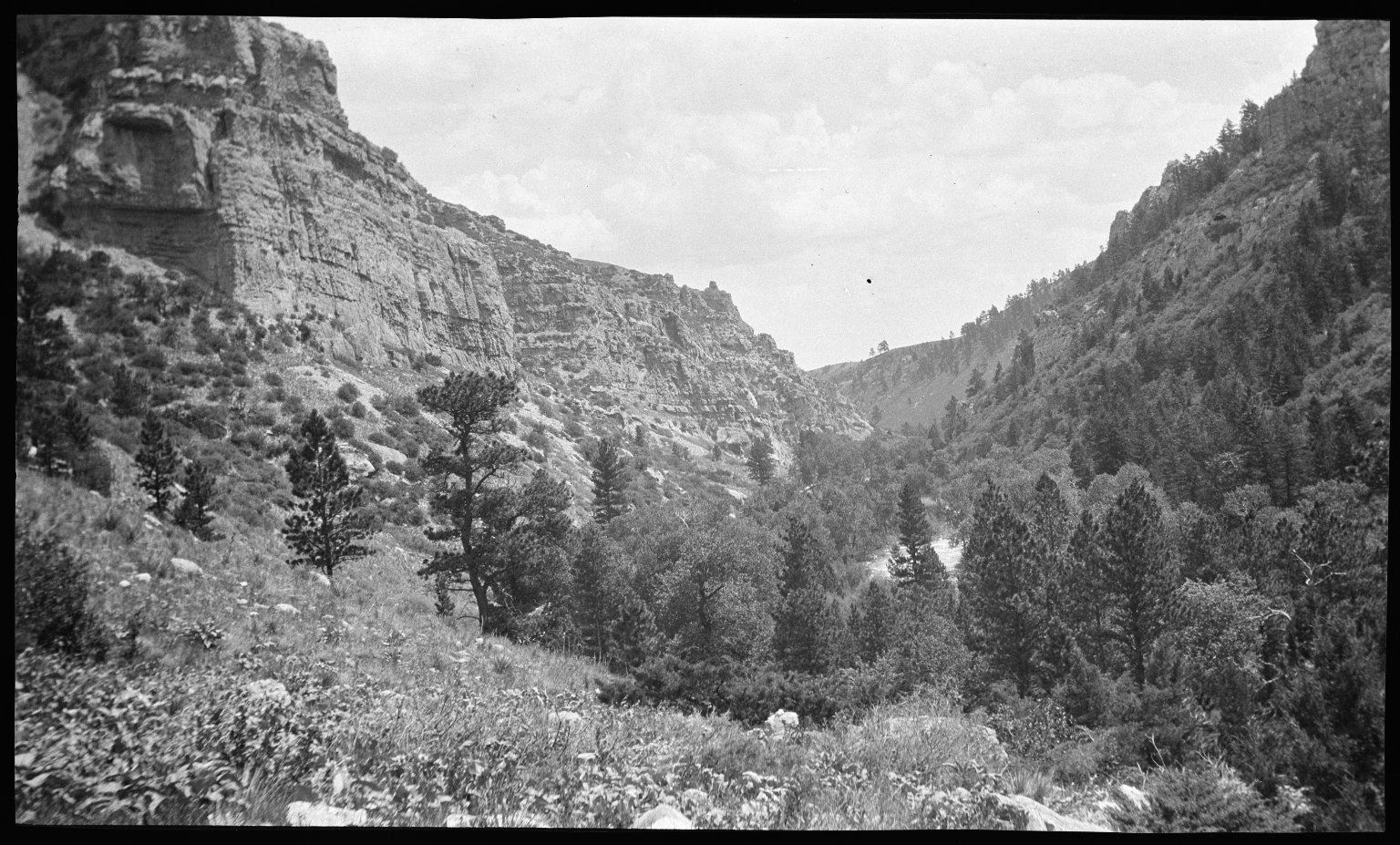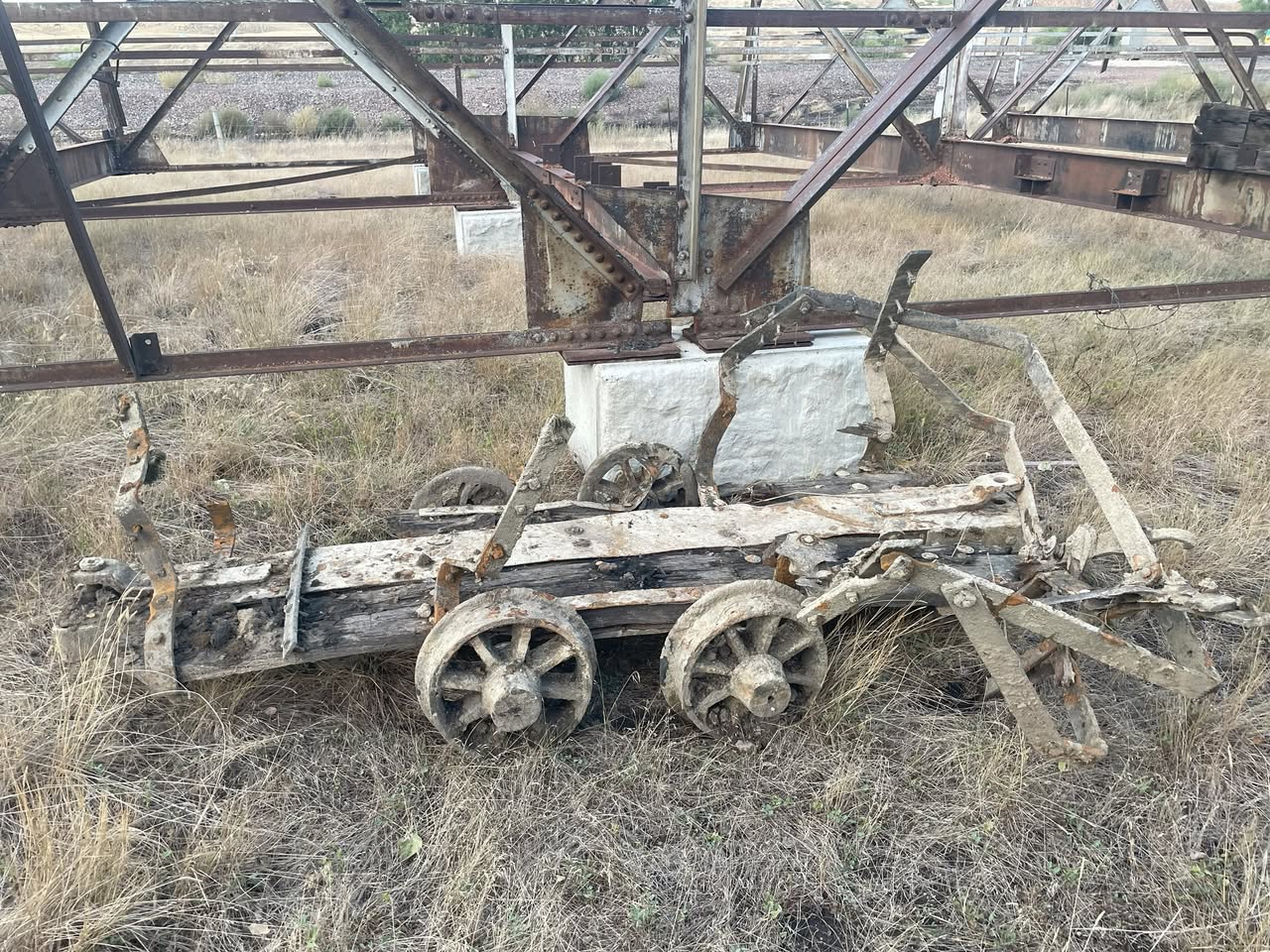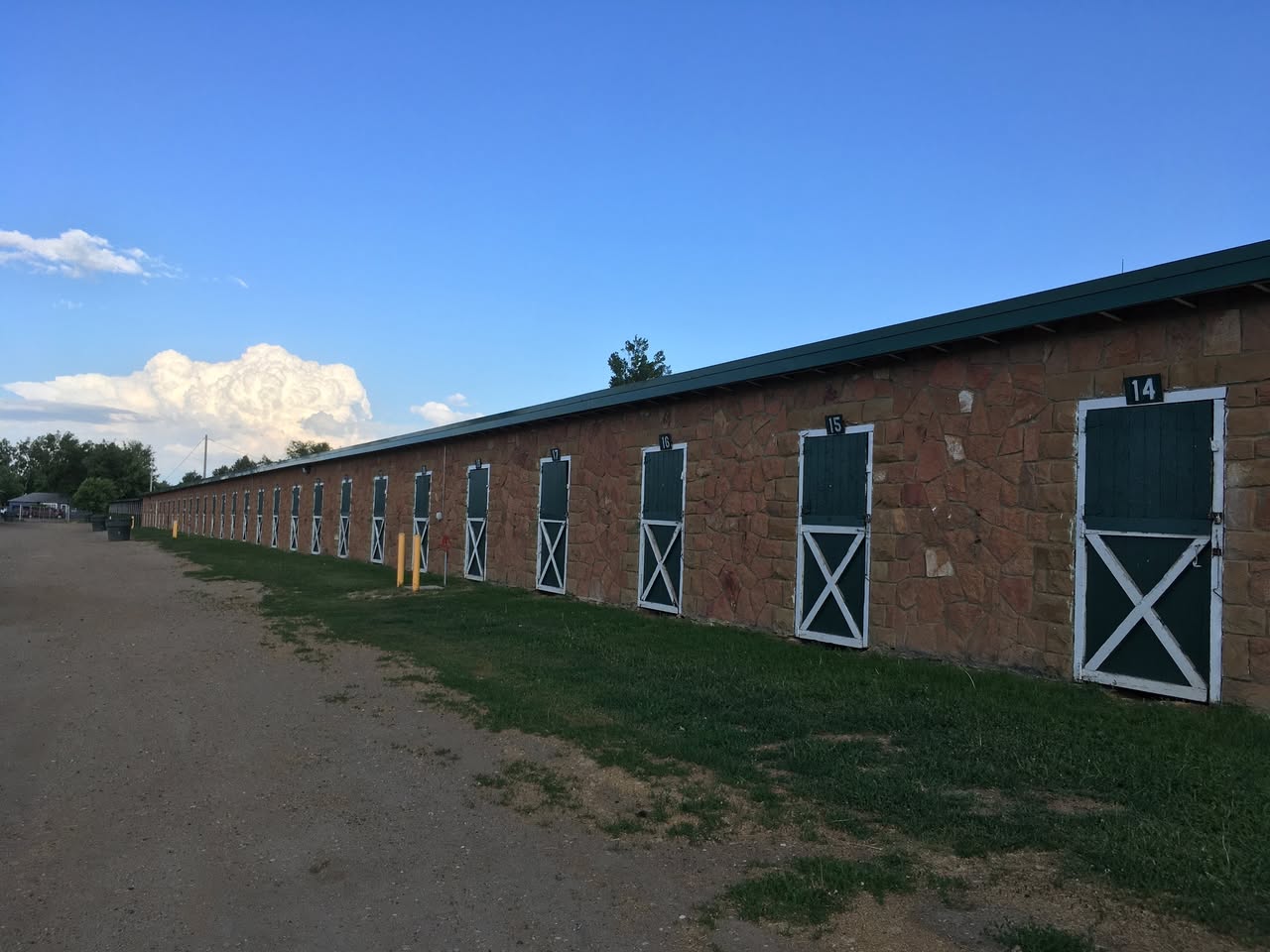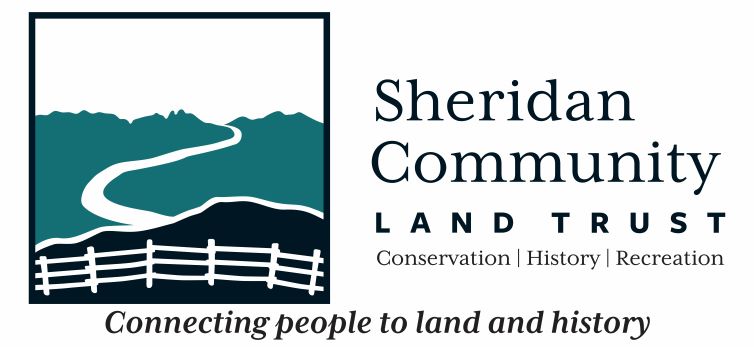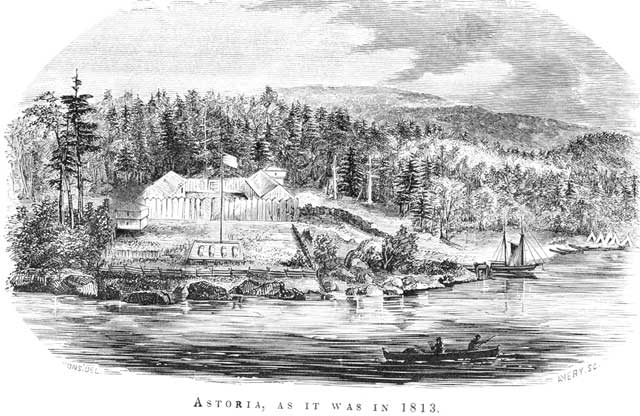
On this #TBT, we time-travel more than 200 years into the past and join the trail of the first large-scale overland expedition to the Pacific by non-Native Americans since the Lewis and Clark Expedition.
Wilson Price Hunt (1783 – 1842) was one the earliest pioneers and adventurers in what would eventually become Oregon. Representing John Jacob Astor’s interests in the fur trade, Hunt led an expedition of roughly 60 men aiming to secure a fur trading post at the Columbia River’s mouth. These explorers, dubbed the Astorians, were the first large group of fur traders to strike a trail through the Powder River Basin and the Bighorn Mountains.
Originally Hunt had planned to travel along the Missouri Rive, starting in late July of 1811 near present-day Pierre, South Dakota. Reports of conflict with Blackfoot Indians upriver, however, caused him to chart a new path, due west.
On the evening of August 23, 1811, the weary Astorians were grateful to reach the solace of the Powder River near present-day Arvada.
From Hunt’s diary:
“On the 23rd we found another branch [Powder River]; but before we got there, we passed through some mountains and some dry gullies. The great heat, the treacherous trail, and the lack of water caused much suffering. Several people were at the point of losing their courage. Mr. McKenzie’s dog died from exhaustion. While trudging through these barren, arid mountains we could no longer kill buffalo, for they usually keep near water.”
By the 25th, they were on Clear Creek north of present-day Buffalo.
“… on the 25th we found a few [buffalo] in this area. The hunters stalked them and killed five. The day before, some of the company had eaten a wolf, which they found quite good. We made camp near a third tributary [Clear Creek] of the Powder River.”
— Hunt
Washington Irving wrote about the journey in Astoria, Or Anecdotes of an Enterprise Beyond the Rocky Mountains in 1836. His account of August 24th through 25th follows:
“At one time they had twenty-five miles of painful travel, without a drop of water, until they arrived at a small running stream. Here they eagerly slaked their thirst; but this being allayed, the calls of hunger became equally importunate. Ever since they had got among these barren and arid hills where there was a deficiency of grass, they had met with no buffaloes; those animals keeping in the grassy meadows near the streams. They were obliged, therefore, to have recourse to their corn meal, which they reserved for such emergencies. Some, however, were lucky enough to kill a wolf, which they cooked for supper, and pronounced excellent food.
“The next morning, they resumed their wayfaring, hungry and jaded, and had a dogged march of eighteen miles among the same kind of hills. At length they emerged upon a stream of clear water, one of the forks [Clear Creek] of Powder River, and to their great joy beheld once more wide grassy meadows, stocked with herds of buffalo…”
To be continued…(in next week’s TBT!)
Sources:
Hunt, Wilson P., and V.A. Malte-Brun. Nouvelles annales des voyages. v. 10. Paris: Bertrand, 1821. English translation available at Mountain Men and the Fur Trade AMM Virtual Research Center Project http://www.mtmen.org/mtman/html/wphunt/index.html.
Irving, Washington. Astoria, Or Anecdotes of an Enterprise Beyond the Rocky Mountains. Vol. 1. Philadelphia: Carey, Lea, & Blanchard, 1836. https://www.google.com/books/edition/_/oKk-AQAAMAAJ?hl=en&gbpv=0.


